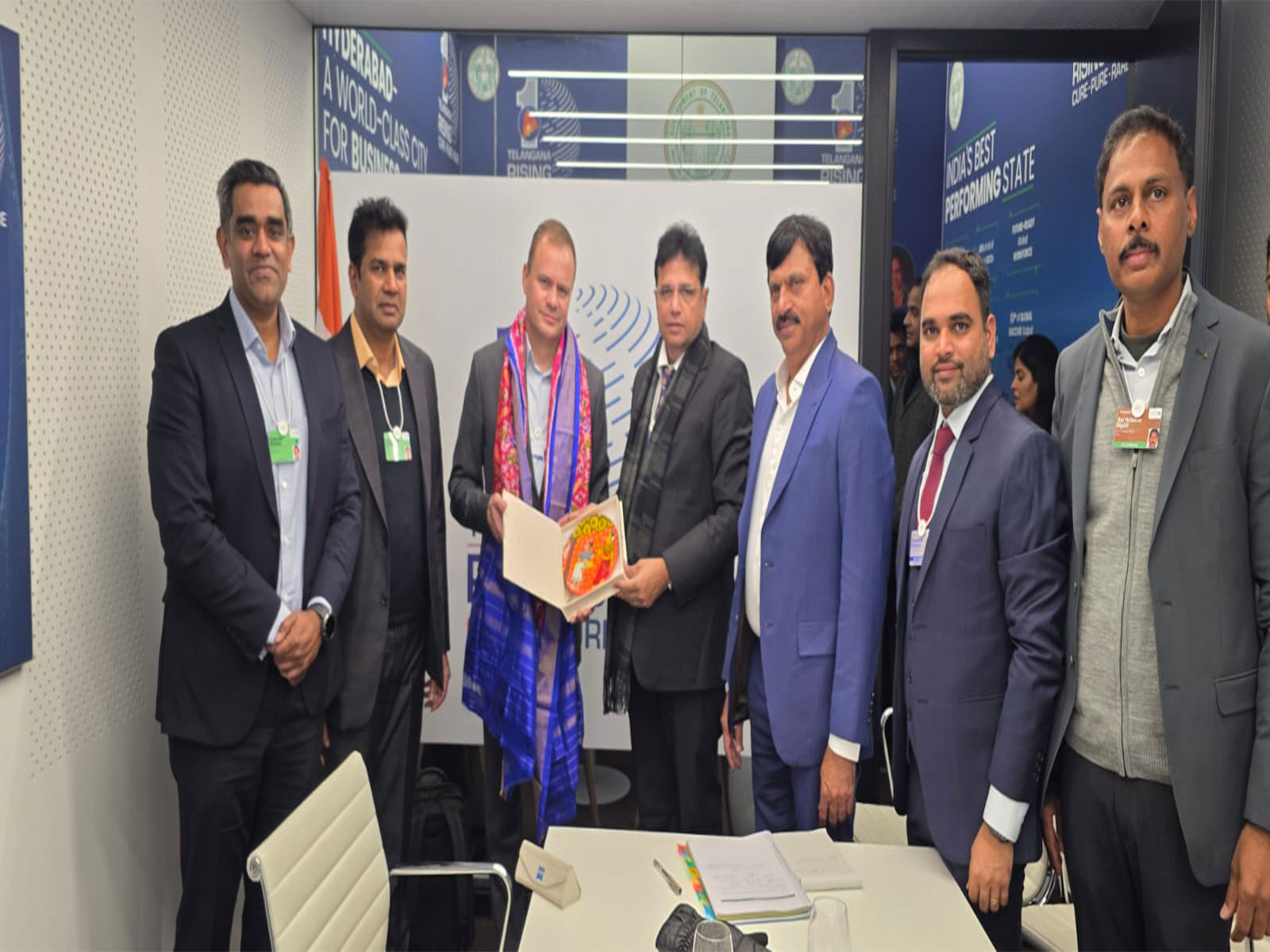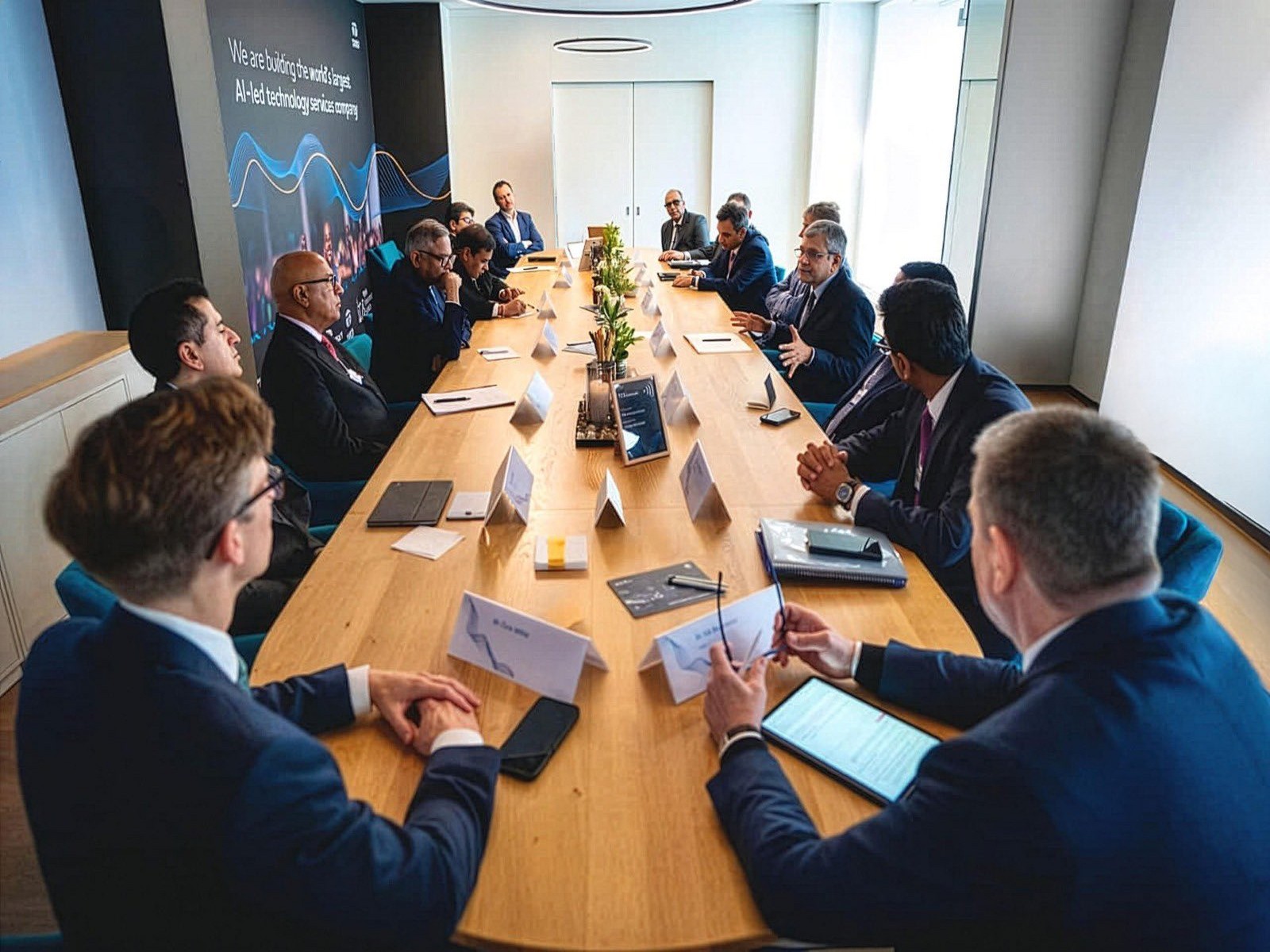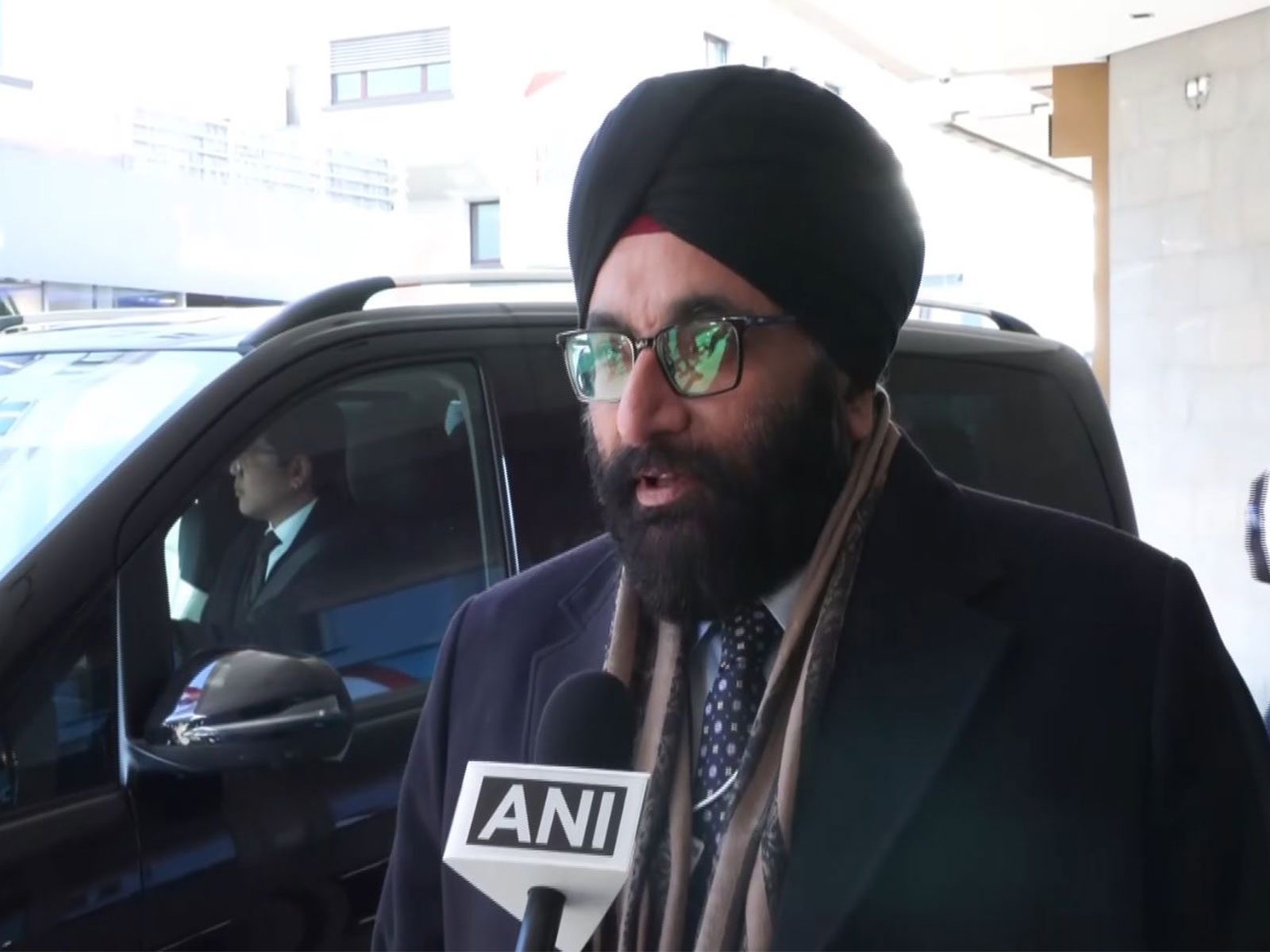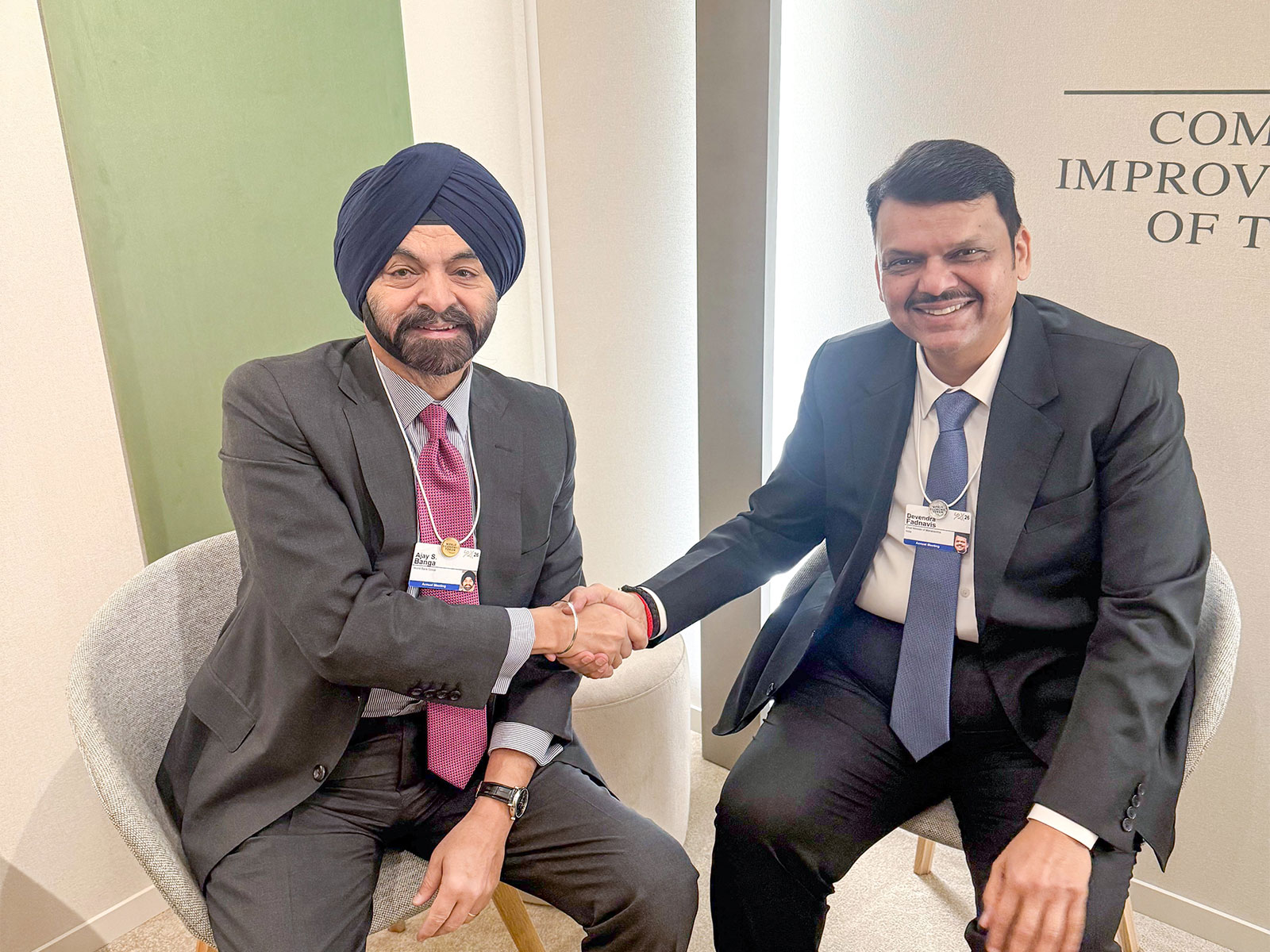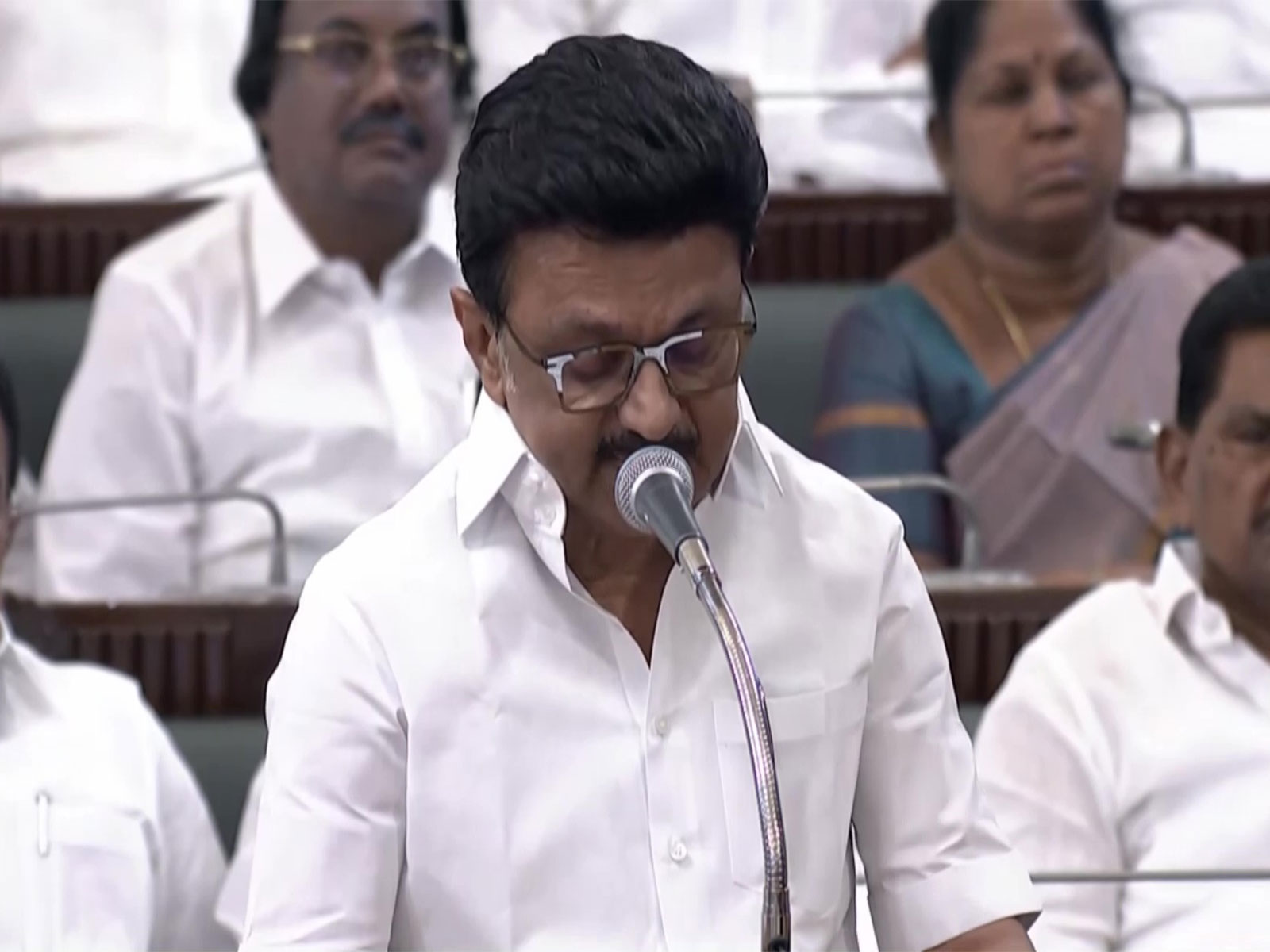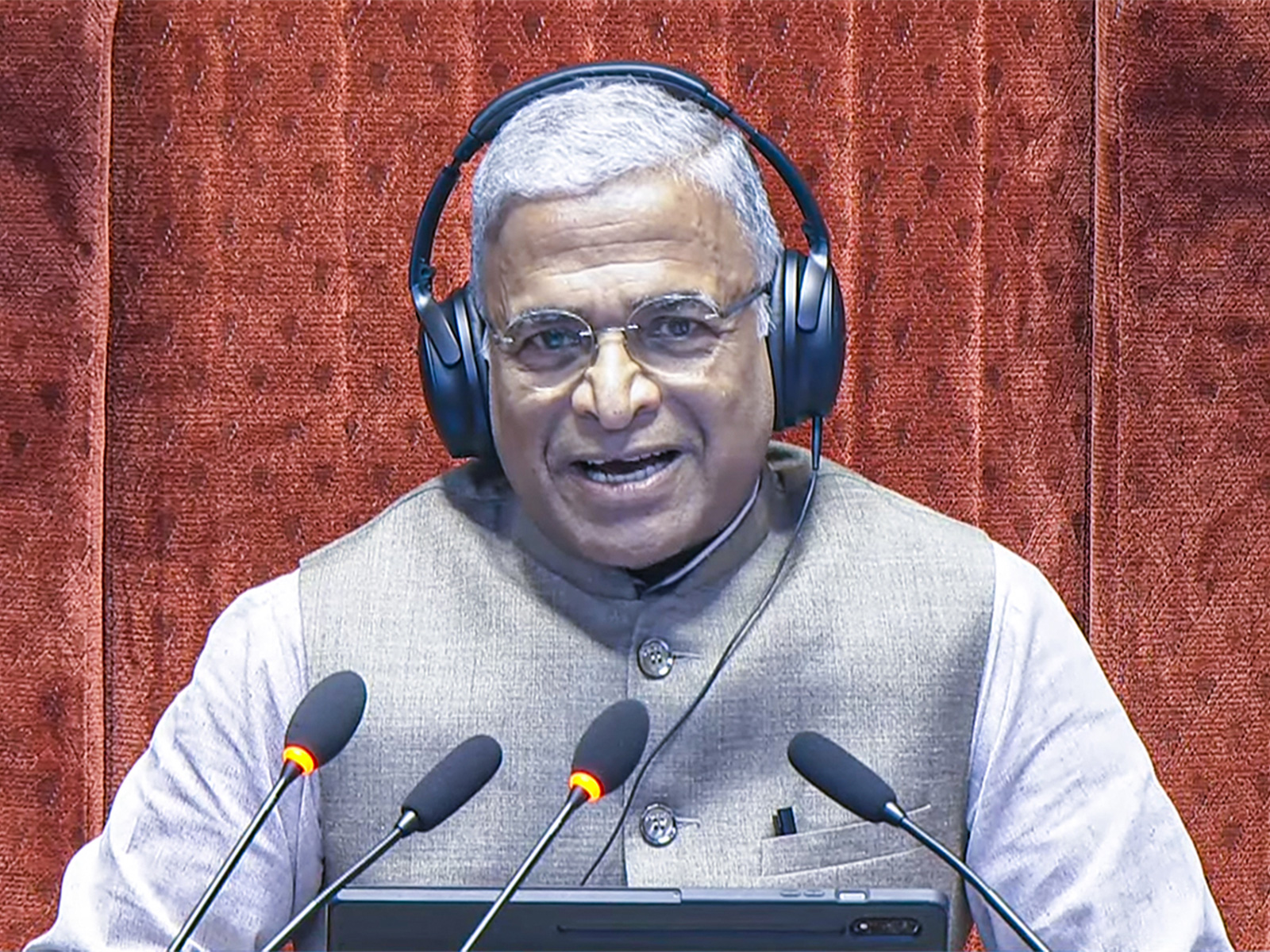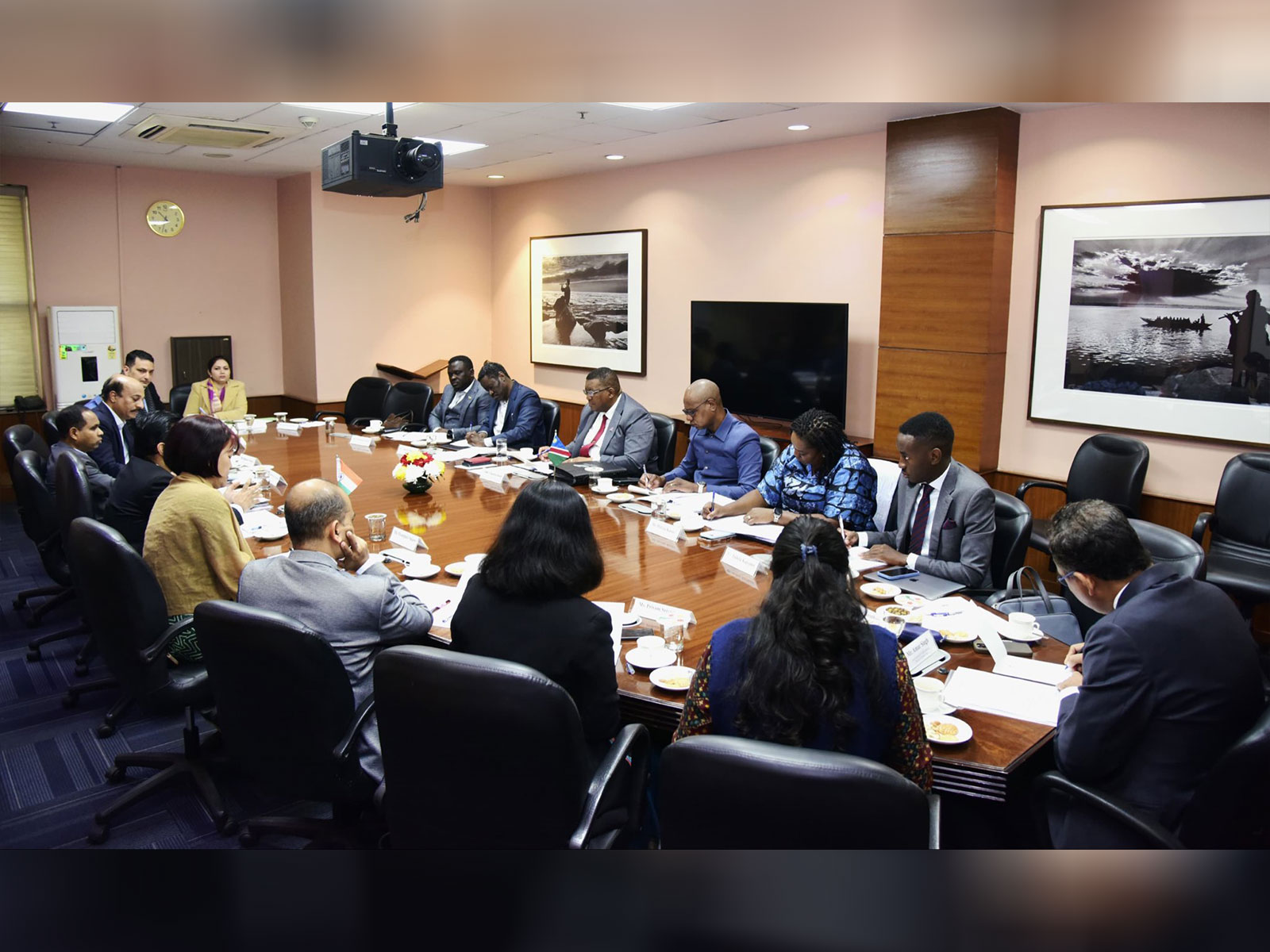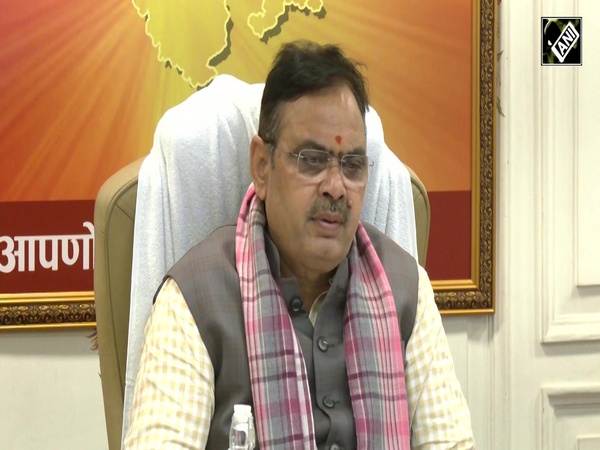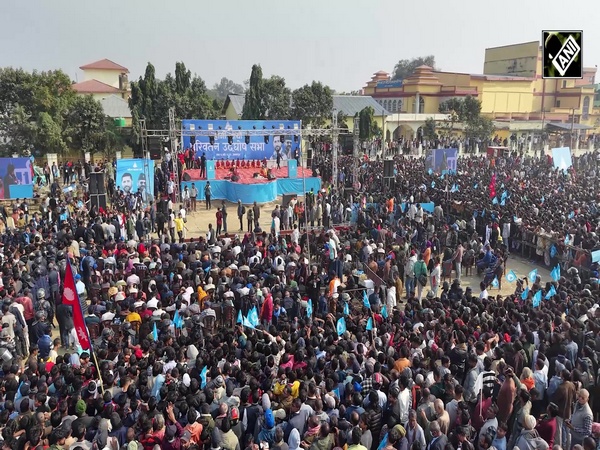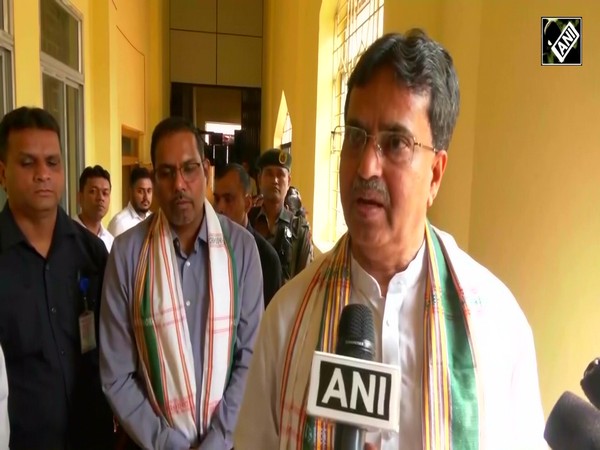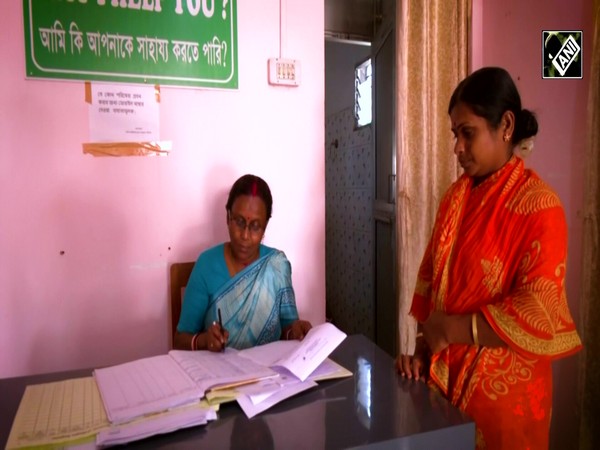India needs to develop mineral strategy for the entire value chain, from exploration to recycling
Jul 08, 2024

New Delhi [India], July 8 : The growth of mineral production, measured over a five-year period from FY19 to FY24, reveals a concerning trend: major minerals have either experienced single-digit growth or a decline in output, according to SBI Research report.
To fully capitalize on its mineral resources, India needs a coordinated approach that addresses challenges across the value chain. This includes overcoming bureaucratic hurdles, improving regulatory frameworks, and investing in infrastructure to support the mining sector's growth.
Rare earth metals and other critical minerals are indispensable to modern technologies, including electronics, renewable energy systems, and advanced manufacturing. Despite India's vast mineral resources, the country's mining sector has not achieved its full potential.
To address these challenges, India must develop a comprehensive mineral strategy that spans the entire value chain:
Advanced geoscience techniques are crucial for identifying new mineral deposits. The strategy should focus on leveraging satellite imagery, geospatial data, and remote sensing technologies to uncover untapped resources.
Efficient and environmentally sustainable extraction methods must be adopted. This involves implementing best practices from leading mining countries and investing in state-of-the-art extraction technologies.
Establishing robust processing facilities is essential to add value domestically. This stage involves upgrading raw minerals to intermediate forms, which can then be used in various manufacturing processes.
By bolstering advanced manufacturing capabilities, India can produce high-value products like batteries, magnets, and electronic components domestically, reducing dependence on imports and boosting self-reliance.
Promoting a circular economy through recycling is a key component of the strategy. Recycling end-of-life products to recover valuable minerals not only conserves resources but also minimizes environmental impact.
The mining sector is labor-intensive, with high potential for job creation. In FY19, the sector employed around 480,000 individuals daily, with 78 per cent of these jobs in the public sector.
Currently, it is estimated that 580,000 to 600,000 people are employed daily in mining activities. A 10 per cent increase in mineral production, in value terms, could generate an additional 50,000 to 70,000 daily jobs, significantly boosting employment in the sector.
Enhancing the mineral value chain will also improve India's competitiveness in the global market. This entails fostering innovation through research and development, improving infrastructure, and creating a supportive ecosystem for startups and small businesses in the mining and manufacturing sectors.
To support the mineral strategy, India must also pursue comprehensive fiscal reforms. Aligning personal income tax with corporate tax rates and gradually transitioning all taxpayers to the new tax regime is a critical step.
This will create a more balanced and predictable tax environment, encouraging investment and business growth.
Moreover, the government is considering reforms to the Goods and Services Tax (GST) system. Expanding the GST ambit to include more items such as electricity and aviation turbine fuel (ATF) is part of the proposed GST 2.0 reforms.
This move aims to simplify the tax structure, broaden the tax base, and ensure efficient revenue collection, which can be reinvested in strategic sectors like mining and infrastructure development.
India's mineral wealth includes 95 different minerals, ranging from metallic and non-metallic to fuel and atomic minerals.
Despite this abundance, the growth rate in mineral production has been modest, with the compound annual growth rate (CAGR) for many major minerals in single digits or declining over the past five years.
India, endowed with a rich bounty of minerals, stands at a critical juncture. With a burgeoning demand for rare earth metals and other crucial minerals, the country faces a pressing need to revamp its mineral strategy.
This initiative must encompass the entire value chain, from exploration to recycling, to ensure sustainable economic growth, job creation, and competitiveness on the global stage.
Complementing this is the necessity for fiscal reforms, aligning tax structures to support this strategic push.
